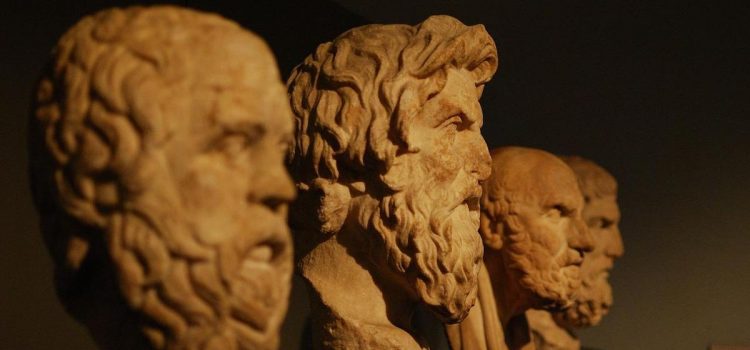What is liberalism in philosophy? What is the basic tenet of liberalism? The school of the political philosophy of liberalism developed during the Enlightenment (a period of rapid scientific and ideological change in 17th- and 18th-century Europe). Yet, it still strongly influences many modern political institutions with its emphasis on reason. Keep reading to learn about the key tenets of liberalism and the different views within the school.
Understanding Liberalism: Philosophy 101










